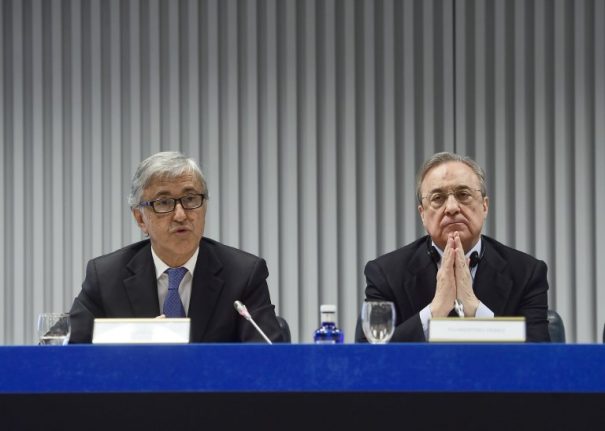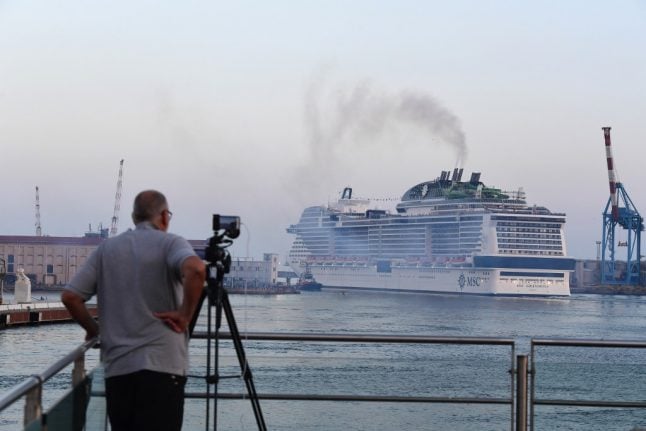Its prime asset is Autostrade per l'Italia, which according to information published by Atlantia manages 2,855 km of Italian toll highways directly and another 165 km through five subsidiaries with separate concessions, including the A10 highway where a segment of an overpass collapsed on Tuesday August 14th.
Deputy Prime Minister Luigi Di Maio on Wednesday charged that the tragedy “could have been avoided” and that it was clear that Autostrade per l'Italia was at fault for not carrying out maintenance.
READ ALSO: Five Star Movement founder reportedly mocked warnings of collapse of Morandi Bridge
The Italian government said it intended to fine the firm €150 million and cancel its concession.The transport ministry told AFP it will first look at whether it was justified to revoke the concession for the A10 motorway and then look at all the other concessions.
Atlantia said on its website that it has spent €11.4 billion to improve 923 km of Italian motorways, and was waiting for approval from authorities to build a bypass around Genoa.
Atlantia's history is intertwined with Autostrade per l'Italia, which was privatised in 1999 and acquired by investors including the Benetton group. In 2003 the motorway and other infrastructure assets were separated and the holding company, which eventually took the name Atlantia, was listed on the Milan stock exchange.
Atlantia owns 88 per cent of Autostrade per l'Italia, which accounted for just under two-thirds of its €5.97 billion in revenue last year. Atlantia earned a net profit of nearly €1.2 billion for the year.
Overall it operates more than 5,000 km of motorways in Brazil, Chile, India and Poland. It also operates the Mount Blanc tunnel and recently became the top shareholder in Getlink, which operates Channel Tunnel, buying a 15.5 per cent stake that controls over a quarter of voting rights for nearly €1.1 billion.
Atlantia stands to soon gain more motorways. It recently teamed up with the German-Spanish group Hochtief-ACS to buy for €18.2 billion the Spanish firm Abertis, which calls itself the world's top motorway operator with 8,600 kilometres of toll roads in 15 countries. Atlantia will own 50 per cent plus one share of the joint venture that will own Abertis.
The Italian group entered the airport management business in 2013 with contracts for Rome's two airports, Fiumicino and Ciampino. In 2016, Atlantia together with French electricity firm EDF bought 60 per cent stakes held by the French state in the airports in the Nice, Cannes and Saint-Tropez airports.
Atlantia's share price fell by more than 10 per cent at one point during trading on Tuesday, closing the day down 5.4 per cent at €23.54.
The Milan stock exchange was closed for a holiday on Wednesday August 15th.
READ MORE: Genoa bridge collapse: 38 confirmed dead, says interior minister
READ MORE: Genoa residents left shattered after collapse of Morandi Bridge



 Please whitelist us to continue reading.
Please whitelist us to continue reading.